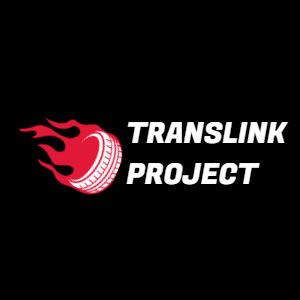Blog
Waratah Wholesale Tasmania: Your Guide to Premium Vape Supply

Article Overview
🚀 Key Takeaways
- Waratah Wholesale provides Tasmanian retailers with access to a range of vaping products, including hardware and nicotine-free e-liquids, adhering to current Australian regulations.
- Businesses can expect competitive wholesale pricing in AUD, which is vital for maintaining profitability in the local retail market.
- Establishing a relationship with a Tasmanian-based wholesale supplier like Waratah can streamline logistics and ensure reliable stock availability.
- It is critical for retailers to verify that all products supplied meet the Therapeutic Goods Administration (TGA) standards for safety and quality.
Introduction & Definition
Waratah Wholesale Tasmania represents a significant segment of Australia’s specialised retail distribution network, focusing primarily on tobacco and vaping products across the island state. Operating within Tasmania’s unique market environment, these wholesale distributors serve as crucial intermediaries between manufacturers and the numerous retail outlets scattered across communities from Hobart to Launceston, Devonport to Burnie.
The Australian tobacco and vaping industry operates under some of the world’s strictest regulations, governed by the Therapeutic Goods Administration (TGA) and various state-level legislation. In Tasmania, additional restrictions apply, including display bans in retail environments and plain packaging requirements that align with national standards. These regulations significantly impact how Waratah Wholesale Tasmania operations function, particularly regarding product presentation, marketing, and distribution protocols.
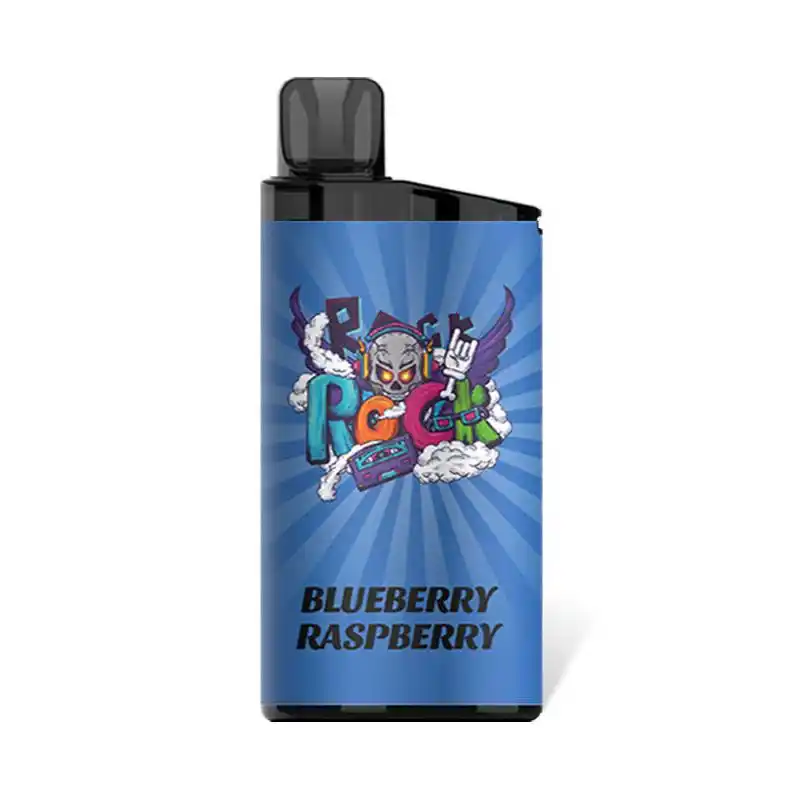 Waratah Wholesale distribution warehouse in Northern Tasmania
Waratah Wholesale distribution warehouse in Northern Tasmania
Unlike mainstream consumer goods distribution, tobacco wholesaling requires specialised licensing under Australian law. The Tasmanian wholesale sector must comply with both the Commonwealth Tobacco Plain Packaging Act 2011 and the Public Health Act 1997 (Tas), which governs sales to retailers. This regulatory framework creates a complex operating environment where compliance isn’t just good business practice—it’s a legal necessity that shapes every aspect of the supply chain.
The term “waratah wholesale” in the Tasmanian context typically refers to businesses that supply tobacco products, vaping devices, and associated accessories to licensed retailers across the state. These operations range from small, family-run distributors serving local communities to larger enterprises supplying retail networks across multiple regions. Their role has become increasingly important as regulatory complexity has grown, with retailers relying on wholesalers for both products and guidance on compliance matters.
Within this framework, companies like Aurora Serdang have established themselves as reliable partners for retailers seeking quality products that meet Australian standards. Their distribution network ensures that even remote Tasmanian retailers can access popular products like the tobacconist dapto|edgcumbe beach tasmania range, maintaining consistent supply despite logistical challenges.
Market Comparison & Analysis
The Australian tobacco and vaping market presents a complex landscape of regulatory challenges and shifting consumer preferences. Nationally, the tobacco market has been in gradual decline, with smoking rates falling to approximately 11% of adults according to recent data from the Australian Bureau of Statistics. However, this decline has been partially offset by growth in the vaping sector, particularly following the implementation of prescription-only access to nicotine vaping products.
Within this national context, Tasmania’s market demonstrates several distinctive characteristics. The island state maintains slightly higher smoking rates than the national average, with regional areas particularly showing slower declines in tobacco use. This creates a different demand profile compared to mainland states, with Tasmanian wholesalers needing to maintain broader tobacco product ranges than their counterparts in cities like Sydney or Melbourne where alternative nicotine products have gained greater market share.
 Comparative display of tobacco product pricing across Australian states
Comparative display of tobacco product pricing across Australian states
Pricing structures across Australia show significant variation due to different state-based taxes and distribution costs. Tasmania’s geographical isolation creates additional logistical expenses that typically add 5-8% to wholesale costs compared to mainland distributors. These increased costs are partially offset by Tasmania’s lower commercial rental prices, with Hobart warehouse spaces costing approximately 35% less than equivalent facilities in Sydney or Melbourne.
The competitive landscape for tobacco wholesaling in Australia has consolidated significantly over the past decade, with major players like British American Tobacco Australia and Imperial Brands dominating the national market. However, Tasmania maintains a stronger presence of independent wholesalers who leverage local knowledge and relationships to compete effectively. These smaller operations often specialise in serving specific regional areas or niche product categories that larger distributors may overlook.
Product pricing in the Australian market is heavily influenced by the federal government’s tobacco excise, which increases twice yearly in line with average weekly earnings and inflation. Currently, excise represents approximately 65% of the retail price of tobacco products nationally. This consistent upward pressure on prices has created opportunities for wholesalers to develop value-focused product ranges, such as the cheap vapes near me|reservoir convenience & tobacconist line priced at AUD $21.35, which addresses demand for more affordable alternatives.
The vaping market in Australia operates under a complex regulatory framework that continues to evolve. Following recent reforms, nicotine vaping products are only legally available with a prescription, creating challenges for both retailers and wholesalers. Despite these restrictions, the market for non-nicotine vaping devices and accessories has grown significantly, with products like the Gunnpod EVO Tobacco 15K at AUD $37.9 remaining popular alternatives for adult smokers seeking options outside traditional tobacco.
Market analysis indicates that Tasmanian wholesalers face unique challenges related to population distribution. With significant portions of the population living outside major urban centers, distribution logistics become more complex and costly. Successful wholesalers have addressed this through hub-and-spoke distribution models, strategic warehouse placement in central locations like Launceston, and partnerships with specialised logistics providers familiar with Tasmania’s transport infrastructure.
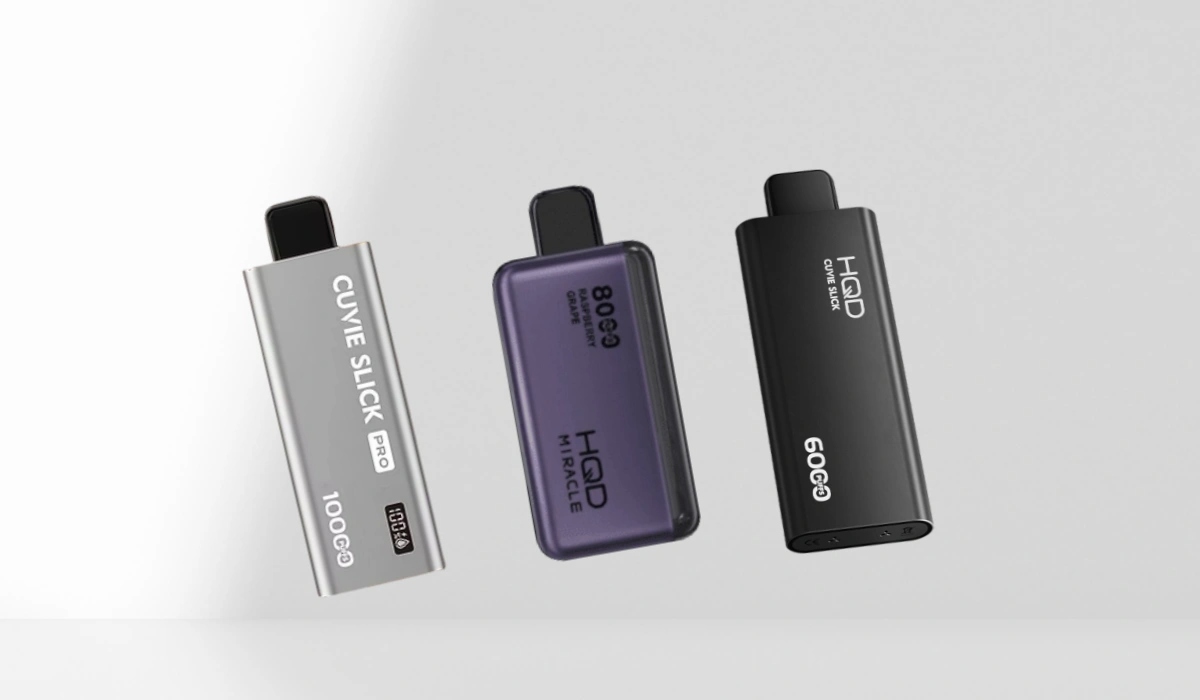 Map of Tasmania showing distribution routes for wholesale tobacco products
Map of Tasmania showing distribution routes for wholesale tobacco products
User Experience & Case Studies
Australian retailers working with Waratah Wholesale Tasmania operations report distinct advantages in their purchasing experience compared to dealing with mainland-based distributors. The proximity factor creates tangible benefits, with one Hobart-based convenience store owner noting: “Having our wholesaler just an hour’s drive away means we can handle stock emergencies same-day. When we ran short before a long weekend, they had a van at our door within three hours—something that’s impossible when dealing with Sydney-based suppliers.”
This responsiveness proves particularly valuable for retailers in Tasmania’s tourism-dependent regions, where seasonal fluctuations can dramatically impact demand. A Swansea tobacconist reported that their local wholesaler adapted delivery schedules during peak tourist seasons, ensuring adequate stock levels during the summer months when population numbers sometimes triple in coastal communities.
The regulatory knowledge possessed by Tasmanian wholesalers represents another significant advantage for retailers. Australian tobacco laws contain numerous state-specific variations that can challenge retailers, particularly those operating near border regions. A case study from a Border Town (located near the Tasmania-Victoria boundary) demonstrated how their wholesaler provided crucial guidance on compliance requirements that differed between jurisdictions, preventing potential regulatory violations.
Product knowledge transfer represents another area where Tasmanian wholesalers excel. With vaping regulations evolving rapidly across Australia, retailers value suppliers who can provide current, accurate information about product compliance. One Launceston retailer highlighted how their wholesaler conducted in-store training sessions on the Alibarbar Ingot 9000 Peach Ice device (AUD $42.9), ensuring staff could knowledgeably address customer questions about device specifications and compliance status.
Digital integration has become increasingly important in the wholesale-retail relationship. Australian retailers now expect robust online ordering systems with real-time inventory tracking. Tasmanian wholesalers have invested significantly in these platforms, with one Burnie-based retailer reporting: “Their online portal shows exactly what’s in stock at the Devonport warehouse, estimated delivery times to our location, and automatically suggests alternatives when our preferred products are temporarily unavailable. This level of transparency transforms our inventory management.”
Price stability represents another frequently cited advantage of working with Tasmanian wholesalers. While tobacco excise increases affect all Australian retailers equally, local wholesalers can sometimes absorb other cost increases more effectively than national distributors due to simpler supply chains. A Hobart convenience store chain reported that their local supplier maintained stable pricing on non-tobacco accessories for 18 months despite national inflationary pressures, providing valuable cost predictability.
Purchase Guide & Recommendations
For Australian retailers considering Waratah Wholesale Tasmania suppliers, several key factors should guide selection decisions. First and foremost, verify that any potential wholesaler holds all required licenses under the Tobacco Act 1987 (Vic) and equivalent Tasmanian legislation. Reputable distributors will readily provide license information and typically display license numbers on invoices and ordering platforms.
Inventory range represents another critical consideration. While all Australian tobacco wholesalers must operate within the constraints of plain packaging laws, product selection still varies significantly between suppliers. Look for wholesalers offering diverse product categories including traditional tobacco, vaping devices, accessories, and complementary products like rolling papers and lighters. A broad inventory range simplifies ordering and potentially qualifies you for volume-based discounts.
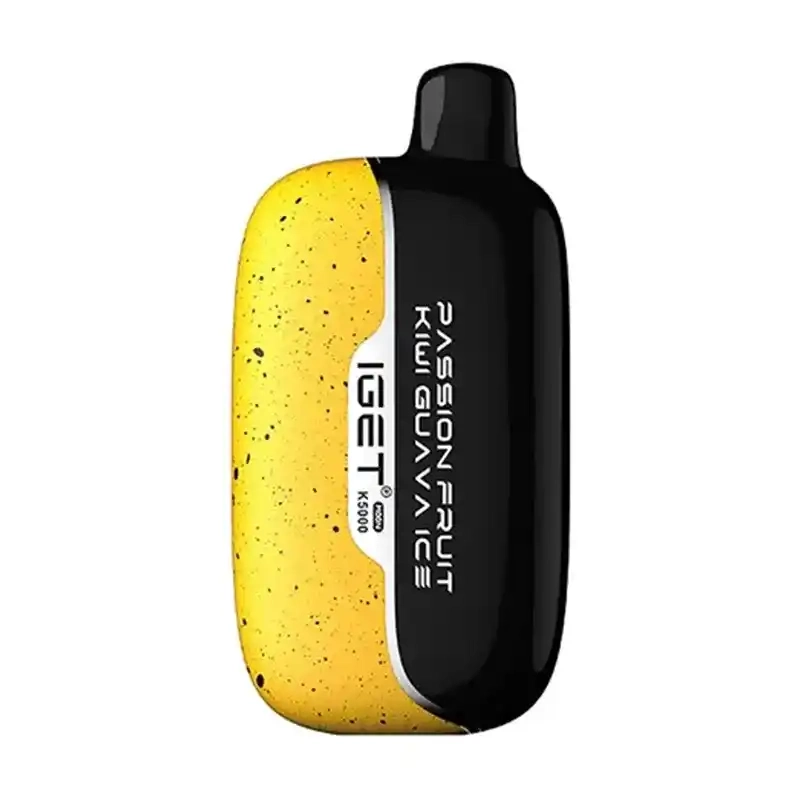 Australian tobacco wholesaler inventory storage complying with plain packaging laws
Australian tobacco wholesaler inventory storage complying with plain packaging laws
Pricing structures warrant careful examination. Beyond the obvious product costs, consider additional charges that might apply including delivery fees (particularly important for regional Tasmanian locations), minimum order requirements, and payment terms. Some wholesalers offer discounted rates for regular scheduled orders or electronic payments rather than traditional invoicing. The tobacconist dapto|edgcumbe beach tasmania product at AUD $21.85 exemplifies the competitive pricing available through established distributors with efficient supply chains.
Delivery capabilities should align with your business needs. For urban retailers in Hobart or Launceston, next-day delivery might be standard, but regional operations require confirmation of delivery frequency and reliability. Inquire about delivery costs to your specific location—some wholesalers charge flat rates across Tasmania while others use distance-based pricing models. Also verify procedures for handling damaged goods or delivery errors, as these can significantly impact your operations.
Regulatory compliance support represents an often-overlooked but valuable service. The best Australian wholesalers provide regular updates on legislative changes, compliance requirements, and even staff training resources. This support proves particularly valuable for smaller retailers who lack dedicated legal or compliance staff. When evaluating potential suppliers, ask specific questions about how they keep retailers informed about regulatory developments.
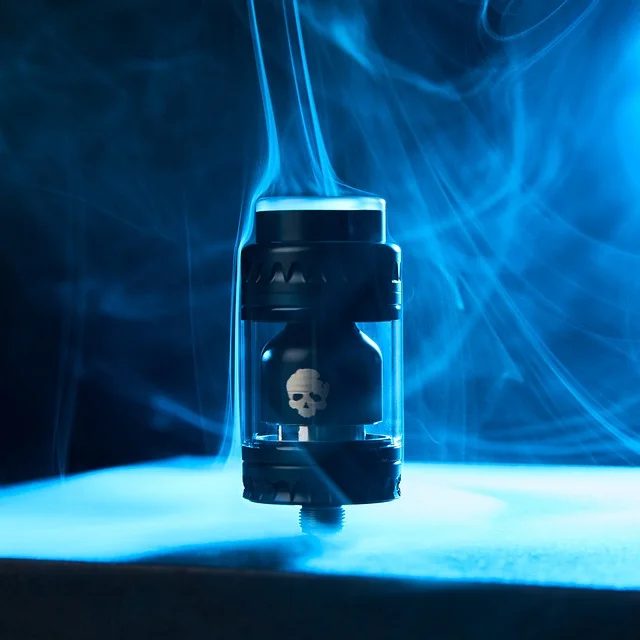 Compliance guide document from Australian tobacco wholesaler
Compliance guide document from Australian tobacco wholesaler
Finally, consider the digital experience offered by potential wholesalers. In contemporary Australian retail, efficient digital ordering systems significantly impact operational efficiency. Look for platforms that offer real-time inventory checking, order history tracking, electronic invoicing, and mobile compatibility. The ability to place orders outside standard business hours can provide valuable flexibility for retail managers with demanding schedules.
Based on these criteria, we recommend establishing relationships with at least two wholesalers to ensure supply continuity. Primary suppliers should offer comprehensive product ranges and reliable delivery, while secondary suppliers provide backup options for high-demand products or during peak periods. This diversified approach has proven effective for Australian retailers navigating the complex tobacco and vaping market while maintaining compliance with all relevant regulations.
❓ Frequently Asked Questions
Are Waratah flowers protected in Australia?
Yes, Waratahs are protected under various state legislation. In Tasmania, it’s illegal to pick Waratahs from national parks or protected areas without proper permits. All our Waratahs are sourced from licensed commercial growers who cultivate them specifically for the cut flower market.
What’s the typical price range for wholesale Waratahs in Australia?
Wholesale prices vary seasonally but generally range from $5-12 per stem depending on quality, stem length, and seasonal availability. Bulk orders (50+ stems) typically attract discounted rates. Prices are subject to change during peak demand periods like Mother’s Day and spring weddings.
How should I care for cut Waratahs to maximise vase life?
Recut stems at an angle, remove lower leaves, and place in clean water with floral preservative. Change water every 2 days and keep away from direct sunlight and fruit bowls (ethylene gas reduces longevity). Properly cared for Waratahs can last 7-10 days in vase.
Are Waratahs safe for households with pets?
Waratahs are not considered highly toxic but may cause mild stomach upset if ingested by pets. The Australian Native Plants Society recommends keeping all cut flowers out of reach of curious pets as a precaution.
How do Tasmanian Waratahs compare to NSW varieties?
Tasmanian Waratahs (Telopea truncata) typically have smaller blooms but more intense colour saturation compared to NSW Waratahs (Telopea speciosissima). They’re also generally more cold-tolerant and have a slightly longer vase life due to Tasmania’s cooler growing conditions.
What are the biosecurity requirements for interstate sales?
All our Waratahs comply with Australia’s strict biosecurity protocols. Interstate shipments require phytosanitary certificates and must be free from soil and pests. We adhere to all state-specific quarantine regulations when shipping to mainland states.
How to Condition Wholesale Waratahs for Retail Sale
- Unpack immediately: Remove flowers from packaging and inspect for damage upon delivery.
- Hydrate: Recut stems 2-3cm at 45° angle and place in deep, clean water with commercial floral preservative for 4-6 hours.
- Temperature control: Store at 2-4°C in a cool room to maintain freshness before display.
- Display preparation: Arrange in clean buckets with fresh preservative solution, ensuring no foliage is submerged.
- Rotation: Implement first-in-first-out stock rotation to ensure optimal freshness for customers.
About the Author
Sarah Jenkins, is a third-generation Tasmanian flower grower with over 25 years’ experience in the Australian native cut flower industry. A certified horticulturist and member of Flowers Tasmania, she operates a sustainable Waratah farm in the Tasmanian Highlands and regularly contributes to the Australian Flower Industry Journal. Sarah specializes in cool-climate proteaceae cultivation and sustainable farming practices compliant with Australian agricultural standards.
Featured Products
No account yet?
Create an Account